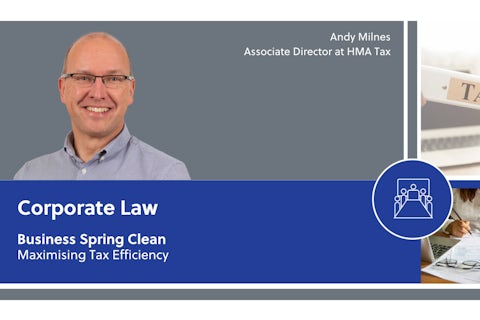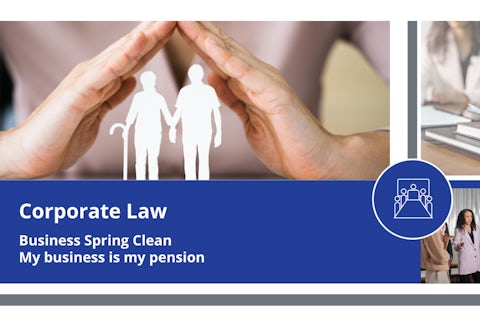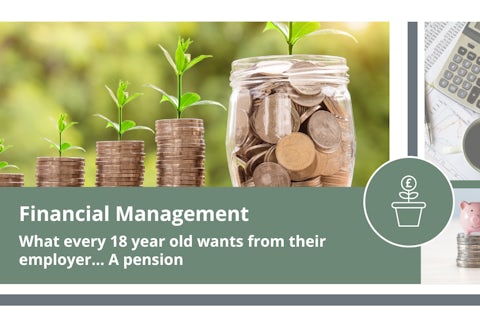Be sure to cover all the key bases as your business approaches the end of the company fiscal year.
If only turning a profit was all you had to worry about as a business owner. In reality, however, the decisions you make about salary, bonus and dividends can make all the difference in the world to the profits you end up receiving.
As Company Year End approaches, now is a good moment to think about how to use your personal tax allowances and business tax allowances so as to maximise your tax efficiency.
But where should you start?
Company Year End checklist
There are many things you can do to get yourself ready, but here are three key focuses as you begin:
- Know your thresholds. To work out your most effective salary level, you need to begin by looking at your Income Tax and National Insurance thresholds. Beware pushing your salary down too far, however, as you need to remain above the threshold for National in order to qualify for the State Pension. The threshold for National Insurance Contributions stands at £8,632 a year, after which you pay 12% on your earnings for earnings up to £50,000. (You then pay 2% on any earnings above £50,000.)1
Beyond that, you should factor in your Personal Allowance, which currently stands at £12,500. Note that the Personal Allowance drops to £10,000 once you earn more than £100,000. Once you’ve factored in your Income thresholds, it’s worth turning to consider other allowances.2 - Think dividends. In the past, company directors often chose to receive a significant proportion of their pay in dividends, so as to reduce their tax bill. However, a couple of years ago the annual tax-free dividend allowance was cut to just £2,000, meaning dividends offer less tax-saving scope than in the past. Above that, basic-rate taxpayers pay 7.5% on dividends, while higher-rate and additional-rate taxpayers pay 32.5% and 38.1% respectively.3
However, dividends can still be more tax-efficient than paying a salary, since they are not subject to National Insurance contributions, and because they attract lower rates on Income Tax. Maximising your dividend allowance before Company Year End is often a good idea; beyond that, it will depend on your individual tax take. - Use your Pension allowances. Your primary focus when it comes to pension saving should be ensuring you can fund your retirement. However, tax incentives for pension savings mean that pensions can also help you make tax savings in the short term.
Company pension payments are deductible as a company expense – as a result, they can reduce or even remove liability to Corporation Tax. Under pension freedoms, anyone over the age of 55 can take the whole of their defined contribution pension fund back and use the money as they wish. Up to 25% of that sum is tax-free and the remainder is subject to Income Tax at your highest marginal rate.4 However, you will need to pay your contributions before the end of the company financial year in order to qualify for the deduction applicable to that particular financial year.
What is more, you may be able to add up to £40,000 to you pension this tax year using pre-tax profits from your business – and use up unused claims for the previous three years on top of that.5
This is not an exhaustive list, but it does highlight that, when it comes to making tax plans for your business, the details really can make all the difference. It is well worth ensuring you have worked out your priorities, and understood all the allowances on offer, before the end of your company fiscal year makes that year’s tax allowances unusable.
The value of an investment with St. James’s Place will be directly linked to the performance of the funds you select and the value can therefore go down as well as up. You may get back less than you invested.
The levels and bases of taxation, and reliefs from taxation, can change at any time. The value of any tax relief depends on individual circumstances.
1-3 https://www.gov.uk/income-tax-rates/previous-tax-years
4 https://www.gov.uk/tax-on-your-private-pension/pension-tax-relief
5 https://www.gov.uk/tax-on-your-private-pension/annual-allowance
The information and opinions contained in this blog are for information only. They are not intended to constitute advice and should not be relied upon or considered as a replacement for advice. Before acting on any of the information contained in this blog, please seek specific advice from Gilson Gray Financial Management.







